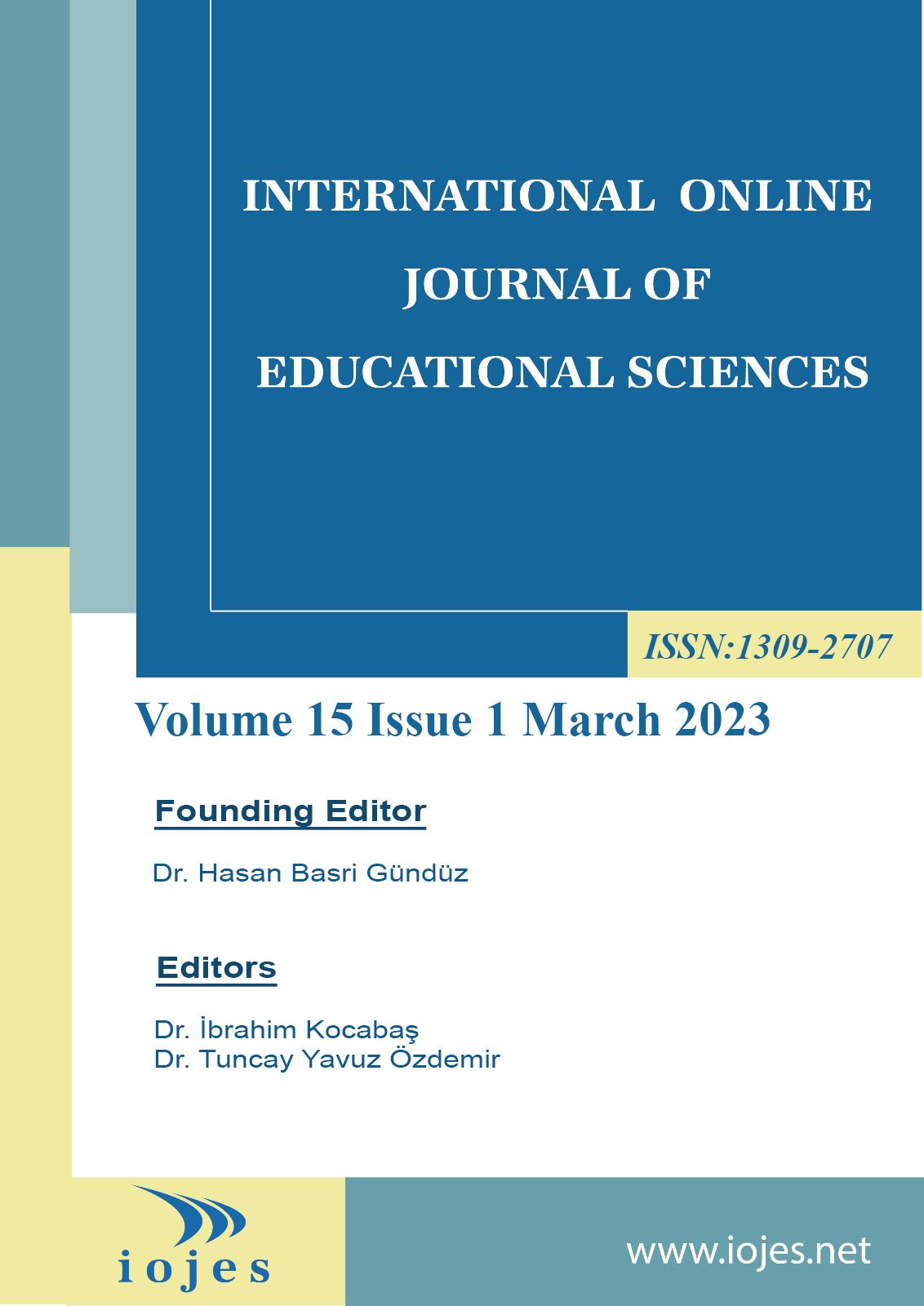Author :
Abstract
Keywords
Abstract
The rapid and sustainable growth in digital technology requires individuals to have certain skills and competencies to perform tasks and solve problems in digital environments. Digital literacy is a set of skills required for 21st-century individuals to use digital tools to support them in achieving their goals. This conceptualization reflects digital literacy, the skills necessary for people to acquire information, communicate, and interact with others, find employment, achieve economic success, and participate actively in collaborative networks. Furthermore, digital literacy education refers to providing knowledge and skill-building processes through education and practices to improve students' digital literacy. In this regard, the purpose of this ongoing research is to determine the trends of studies on digital literacy and education in the context of digital literacy skills in the social studies curriculum. The bibliometric analysis method was employed in this study. The terms "digital literacy" and "education" were searched from the Web of Science Core Collection in order to obtain data. As a result of searching, 1012 studies were obtained. Studies were examined one by one, and only directly related studies were included in the study. Within the scope of the findings obtained, there has been an increase in studies on digital literacy and education since 1999, and the number of citations has increased in parallel with the number of studies. It can be said that the number of studies peaked in 2020. "Education and Information Technologies" and "Computers & Education" are in the first places among the journals in which studies are published. The Journals "Computers & Education" and the "British Journal of Educational Technology" are in the first two places in the citation order.





